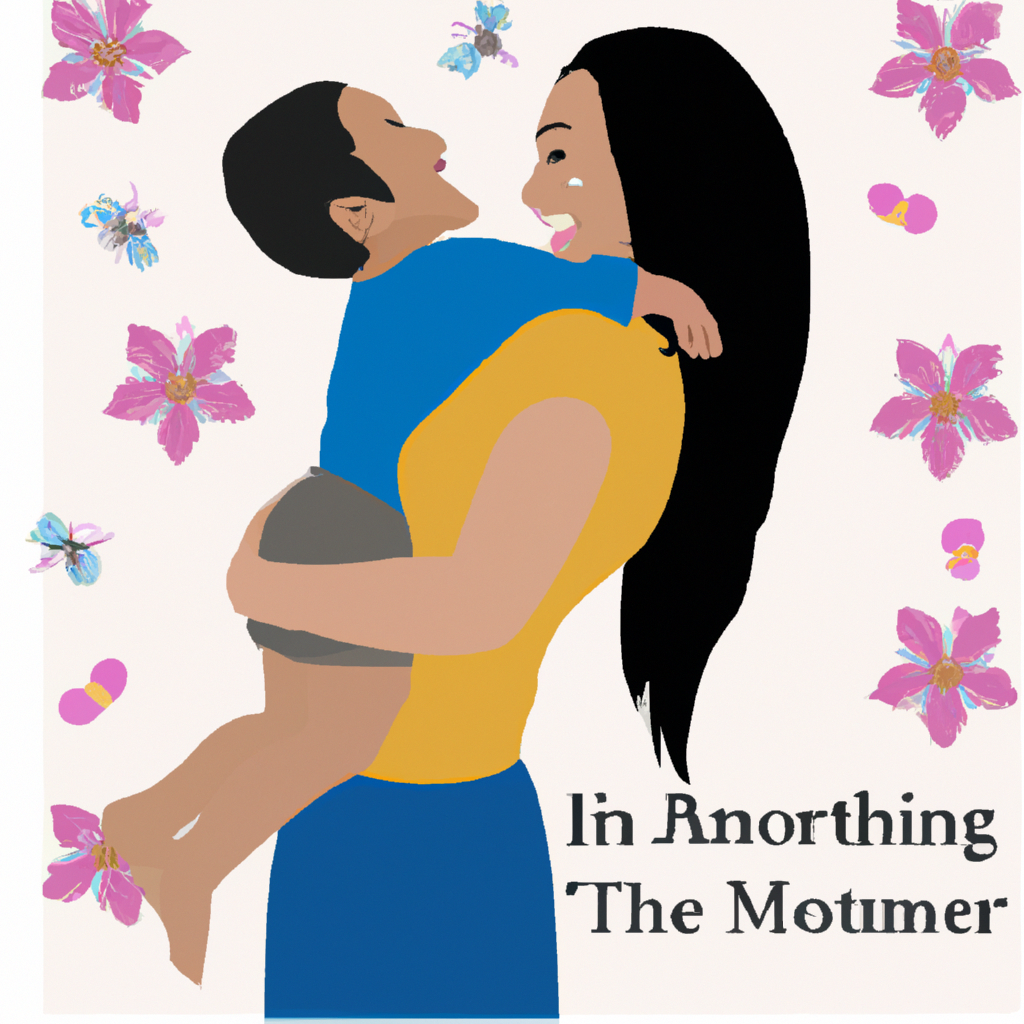Play is crucial for your child’s development, helping them learn essential skills while exploring their environment. It fosters emotional, cognitive, social, and physical growth through imagination and interaction. Play therapy can support emotional regulation and healing, while social play builds skills like sharing and empathy. Movement and manipulation during play strengthen motor skills and overall health. Continuing with this information can give you deeper insight into how play shapes your child’s lifelong development.
Key Takeaways
- Play supports emotional, cognitive, and physical development, fostering essential skills and self-awareness in children.
- Imaginative play enhances creativity, problem-solving, perspective-taking, and emotional regulation.
- Play therapy provides a safe space for children to express feelings, process experiences, and develop coping skills.
- Playing promotes social skills like sharing, negotiation, empathy, and language development.
- Physical play strengthens motor skills and contributes to overall holistic growth across multiple developmental areas.

Play is an essential part of child development because it helps children learn fundamental skills, explore their environment, and build social connections. When you observe children engaged in play, you’re witnessing a natural process through which they develop emotional, cognitive, and physical abilities. Among the many forms of play, imaginative play stands out as a key tool for fostering creativity and problem-solving. By pretending to be someone else or creating imaginary scenarios, children learn to think flexibly, communicate effectively, and understand different perspectives. This type of play not only entertains but also supports emotional regulation and self-awareness, helping children process their feelings and experiences in a safe, supportive context.
Play therapy, which often incorporates imaginative play, is a powerful approach for helping children express themselves and work through challenging emotions or situations. As you engage in play therapy, you provide a structured environment where children can explore their inner worlds without fear of judgment. Through role-playing and storytelling, they can act out fears, hopes, and conflicts, gaining insight and developing coping skills. This form of play allows you to observe a child’s natural responses and tailor interventions that promote healing and growth. It’s particularly effective because children often communicate their needs and struggles more openly through play than they might with words alone.
Imaginative play also promotes social development. When children pretend together, they negotiate roles, share ideas, and resolve conflicts, all of which strengthen their social skills. As you watch this unfold, you see how they learn to collaborate, take turns, and empathize with others’ feelings. These interactions lay the foundation for healthy relationships later in life. Furthermore, engaging in imaginative play boosts language development. Children invent dialogues, narrate stories, and describe their actions, expanding their vocabulary and enhancing their ability to express themselves clearly. Additionally, understanding newborn sleep patterns can be crucial for caregivers to ensure children are well-rested, supporting their overall growth and development.
In addition to emotional and social benefits, imaginative play encourages physical development. As children move around, manipulate objects, or create elaborate scenarios, they strengthen their fine and gross motor skills. All these aspects demonstrate how play, especially imaginative play, is not just about fun—it’s a critical component of a well-rounded developmental process. By recognizing the importance of play and incorporating strategies like play therapy, you support a child’s growth across multiple domains, ensuring they develop into confident, resilient individuals.
Frequently Asked Questions
How Does Play Influence Emotional Regulation in Children?
Play helps you understand how children develop emotional regulation by boosting their emotional awareness. When kids play, they learn to identify and express feelings, which strengthens their ability to manage emotions. Through activities like role-playing or games, they practice coping strategies, such as calming down after frustration. You see how play fosters emotional growth, giving children tools to handle their feelings effectively and build resilience for future challenges.
What Role Does Play Have in Developing Social Skills?
Did you know that children who engage in regular peer interaction during play develop social skills faster? Play fosters cooperative learning, teaching kids how to share, take turns, and resolve conflicts. When you encourage children to play together, you’re helping them build friendships, improve communication, and understand social cues. This active involvement in play provides essential experiences that shape their ability to navigate social situations confidently and compassionately.
Are There Differences in Play Needs Among Different Age Groups?
You’ll notice that age-specific play varies to match developmental milestones. Younger children need simple, sensory activities to explore and develop basic skills. As they grow, play becomes more complex, encouraging problem-solving and social interaction. By understanding these differences, you can support their growth effectively. Tailoring play to each age group guarantees they meet key developmental milestones, fostering overall growth and learning through appropriately challenging activities.
How Can Parents Encourage Beneficial Types of Play?
Think of yourself as a gardener nurturing a wildflower. To encourage beneficial play, you plant seeds of creative exploration and sensory engagement, providing diverse tools and environments. Offer open-ended toys, art supplies, or natural settings where your child can experiment freely. Celebrate their discoveries and join in their adventures. This way, you help their curiosity blossom, fostering growth through playful learning that develops their imagination and sensory skills.
What Are the Long-Term Impacts of Reduced Play Opportunities?
When play opportunities are limited, you risk play deprivation and increased childhood stress. This can lead to long-term impacts like poor social skills, emotional difficulties, and reduced problem-solving abilities. Without enough play, children may struggle with resilience and adaptability later in life. You should encourage diverse and regular play to help children develop essential life skills and emotional health, preventing these negative long-term effects.
Conclusion
Just like a gardener nurtures a seed to help it flourish, your child’s play nurtures their growth. When you encourage their imagination and exploration, you’re watering their brain’s roots and helping ideas sprout. Remember, a simple game or a shared laugh can be the sunlight that fuels their development. So, keep play alive—it’s the secret ingredient to helping your child blossom into their best self.
Mila, a gifted writer with a heart brimming with enthusiasm for child development and playful learning, is the creative force behind the enchanting narratives and insightful articles that grace Toddler Ride On Toys. With a background in early childhood education and a genuine passion for nurturing young minds, Mila weaves words that captivate, educate, and inspire parents, caregivers, and educators.










